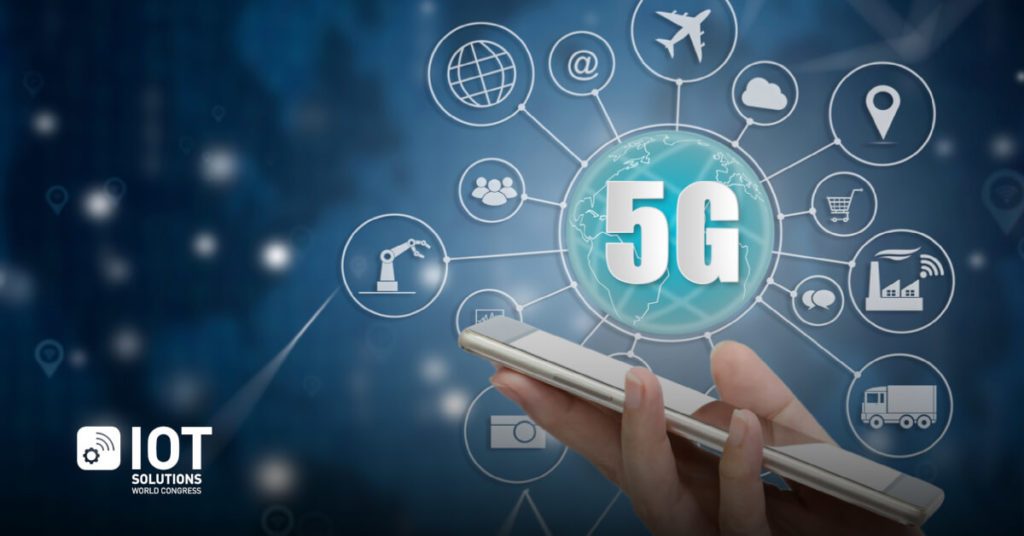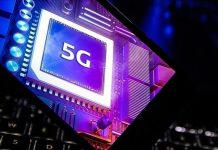AfricaPress-Tanzania: WHILE the rest of the world races to deploy next-generation 5G wireless technology, Africa is lagging behind, mainly because of poor consumers’ inability to pay for fast data services and devices.
A report on 5G in Africa by GSMA, a global trade organization for mobile operators, estimates that only seven African countries, including South Africa, Nigeria and Kenya, will have 5G by 2025.
And this will account for only 3 percent of mobile data compared to 16 percent globally.
Trade association Groupe Speciale Mobile Association expects that by 2025, just seven out of 46 countries in subSaharan Africa will have 5G technology.
The association estimates 5G will account for just 3 percent of mobile connections on the continent that year, versus 16% of connections worldwide.
Once 5G has taken off inregions such as Sub-Saharan Africa, the annual gain from mmWave 5G will grow much faster from 2026 onwards, closing the gap between the early and late adopters.
Currently, the 5G technology in Africa should not just target consumer devices directly, since most Africans keep devices for around 4 or more years.
In the African market, there should be some clear business models in using 5G for fixed wireless access or using a Customer Premises Equipment and certain specific industry use cases such as in tourism, hospitality, mining and media broadcasting.
The myth that 5G is too expensive because of hardware and technology should be busted. In fact, a large proportion of the cost comes from obstacles such as approval process and wayleaves.
A key solution to the business model challenge in Africa is to reduce the costs of the network, from the spectrum to the backhaul and to the taxes imposed on operators, data, mobile money and devices.
Governments can play a key role in helping solve these barriers by taking a leadership position and commitment to provide such support, 5G is a truly revolutionary technology.
Lagging behind during 3G and 4G era doesn’t necessarily stop a society from making the most of 5G.
Unlike previous generations of mobile technology, which tended to introduce a single novel feature for users (1G let you walk and talk, 2G let you send texts, 3G got you onto the internet, and 4G let you stream), 5G promises a whole suite of dramatic improvements.
It uses entirely new wireless infrastructure to achieve speeds up to 100 times faster than 4G and promises to nearly eliminate any processing delays. It will also kick-start the internet of things, since it was designed to connect billions of machines, appliances, and sensors at low cost without draining their batteries.
It further highlighted that 5G brings many changes that fits the need of African countries just fine.
While 5G setsthe stage for new opportunities across many fields, its three main advantages eMBB (enhanced Mobile Broadband), URL L C (Ultra Reliable Low Latency Communications), mMTC (massive Machine Type Communications) will bring disruption to industries that many African countries aims to develop, such as: On manufacturing, the trengthening manufacturing sector and self-sufficiency has been given more priority since the Covid-19 outbreak.
5G is poised to help manufacturing production operations become more flexible and efficient, while also improving safety and lowering maintenance costs.
Seen at the energy and utilities realm, critical infrastructure like energy and utilities will benefit from 5G technologies, which could create more innovative solutions in energy production, transmission, distribution, and usage, as well as the next wave of smart grid features
and efficiency.
For that matter in the continent, where agriculture is the backbone, farmers worldwide are using technology IoT (Internet of things) to optimize agricultural processes including water management, fertigation, livestock safety, and crop monitoring, the report noted.
5G could enable real-time data collection, allowing farmers to monitor, track, and automate agricultural systems to increase profitability, efficiency, and safety.
5G can better prepare Africa even for the next pandemic and this is potential for innovation through digitization is huge within the healthcare industry, and this will be accelerated through the introduction of 5G technology.
Within the Southern African context, this could be particularly beneficial as healthcare via mobile devices will allow for those in remote areas to access life-saving assistance. 5G technology will
also allow for real-time access of health data, the use of wearable technology and even bring
closer the reality of remote surgery.
Through augmented reality (AR) and virtual reality (VR), 5G can assist with the training of medical professionals remotely.
As the youngest continent, Africa will satiate the need of a growing population with infrastructure such as 5G.
Projected population growth will put a strain on the existing general infrastructure, and the growing urbanization trend will drive service provider investment in key areas.
Furthermore, rising youth population will drive the uptake of mobile broadband services and affordability is also driving the increase in mobile broadband uptake in Sub-Saharan Africa. Declining data prices and an increase in the accessibility of smartphones due to lower prices is also driving growth







